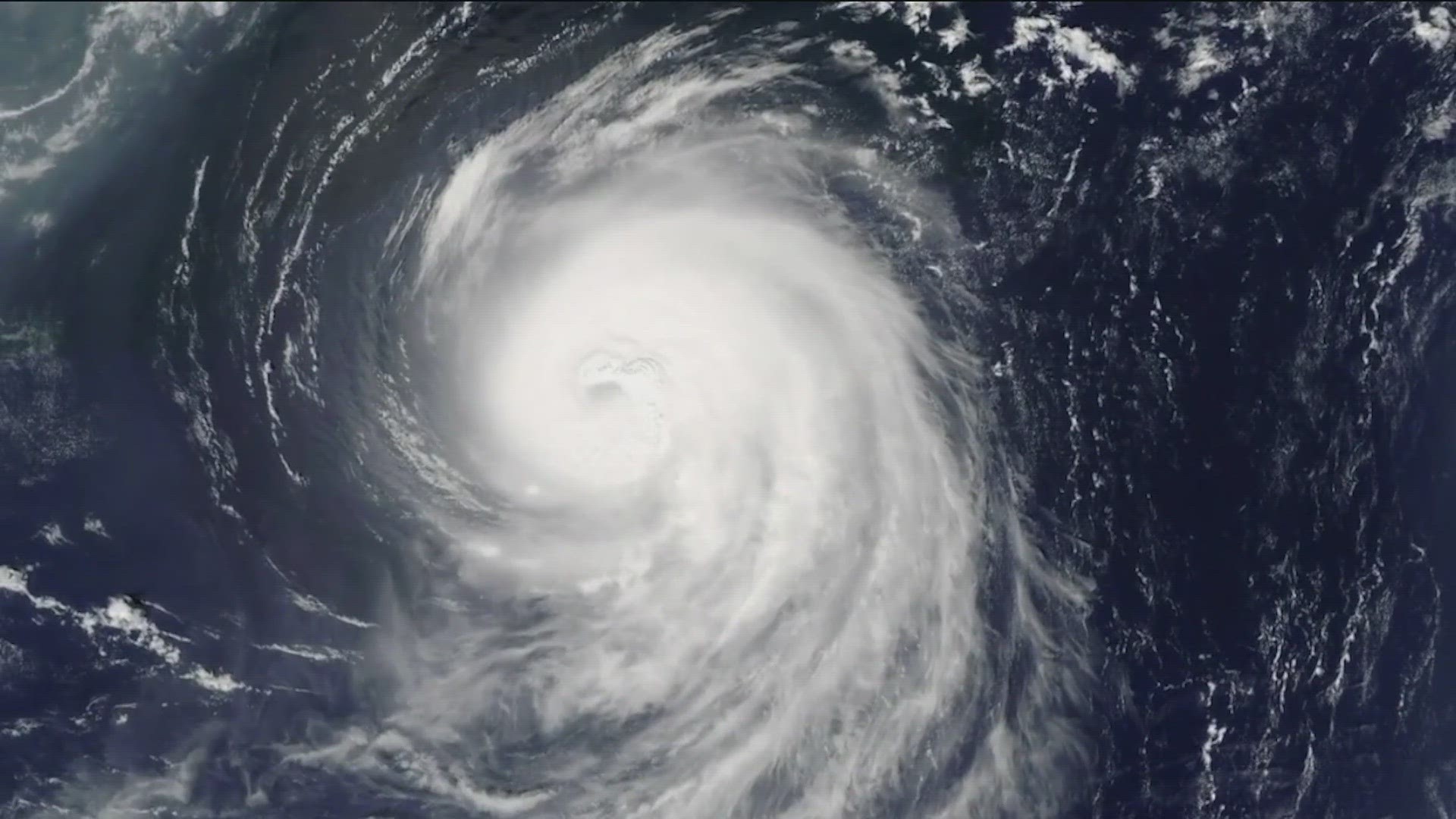AUSTIN, Texas — The Gulf of Mexico is uncommonly warm this summer – record warmth, in fact – and that has weather experts worried about this hurricane season.
Surface water temperatures in the Gulf of Mexico and the Atlantic Ocean are at all-time highs since recordkeeping began in 1981. That’s a problem because the warmer the water, the greater the risk of an increase in tropical storm activity.
Because hurricanes get their destructive fuel from warm water, they can become more severe as temperatures climb. Forecasters say that once sea surface temperatures surpass 84 degrees Fahrenheit, fully formed hurricanes often undergo rapid intensification.
“Ocean temperatures are a huge factor because these tropical systems thrive on warm, moist air,” KVUE Meteorologist Shane Hinton said. “Basically, heat, as well as other factors, is a key ingredient that helps these systems thrive.”
An example of the impact of higher-than-average water temperatures in the Gulf of Mexico was seen when Hurricane Harvey struck the Texas Gulf coast in 2017. Climate experts concluded that Harvey caused catastrophic flooding because the Gulf of Mexico was hotter than normal that year, which led to record-breaking rainfall.
No one can predict how strong any hurricane that develops this year will become, but there is concern that with hotter-than-average Gulf water, some of this year's hurricanes may turn into devastating storms.

